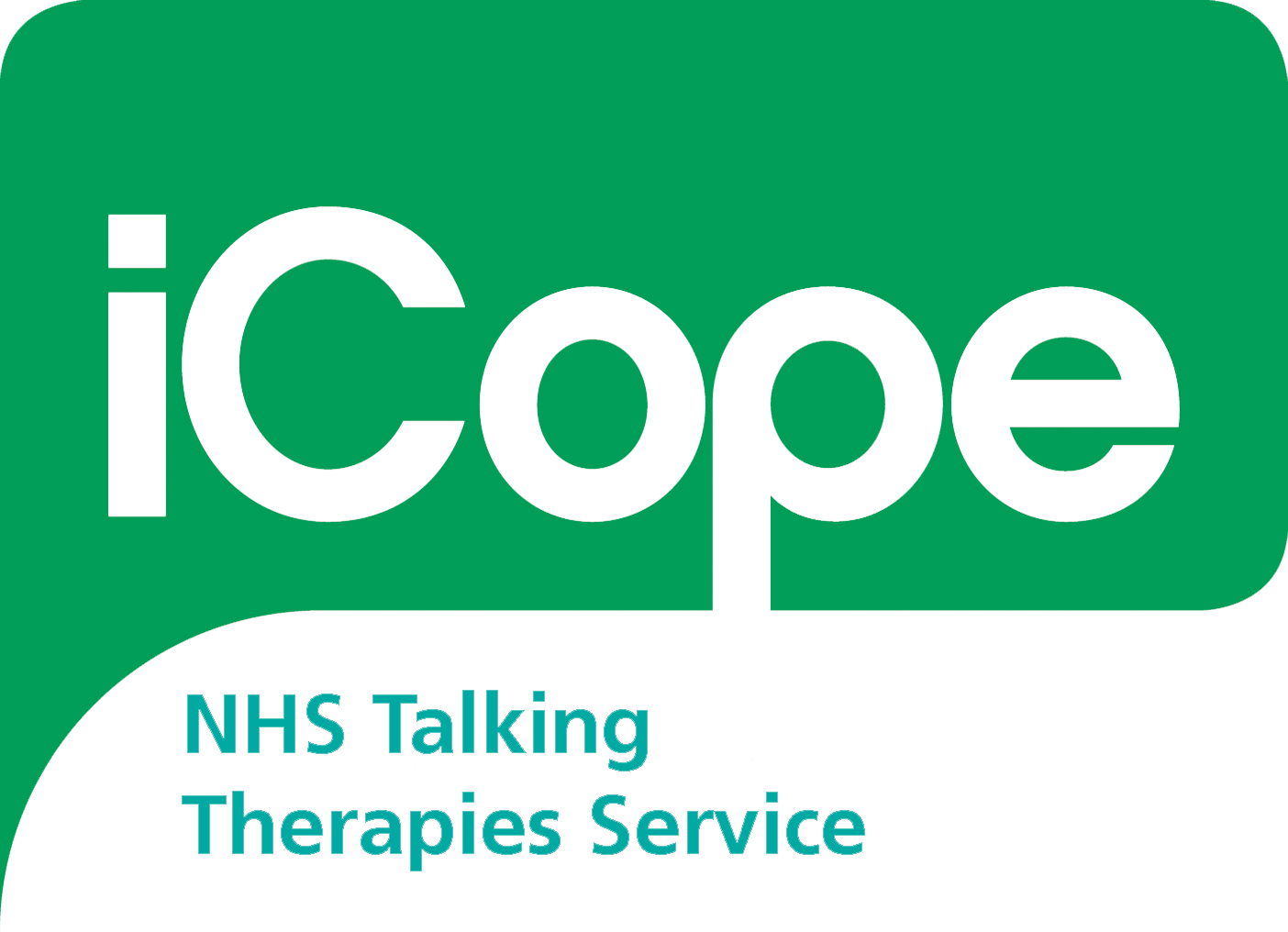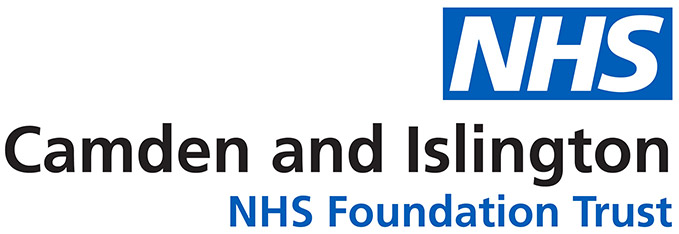After a traumatic event it is important to establish a sense of safety and security and take one day at a time.
Often people will avoid talking about what has happened to them or how they are feeling. It is normal to have strong feelings, to feel upset or to cry when talking about a traumatic experience. It is important to try not to bottle up your feelings and talk to somebody you trust when you feel ready and comfortable to. Try to allow yourself to have memories about the trauma in amounts that you can tolerate and manage. It is OK to use distraction when memories feel overwhelming but using distraction too much can make it harder to deal with the memories in the long run.
Often people try to avoid reminders of the traumatic experience. Although this may help to reduce distress in the short term it can cause more problems in the long run. Try to re-establish your normal routines such as going to work or school and spending time with family and friends who can support you through this difficult time. Children will need support and reassurance from adults they trust who can help them feel safe and to talk about their fears and worries as they wish.
Coping With Flashbacks, Nightmares & Dissociation
If you are experiencing flashbacks, nightmares or dissociation first try to notice the types of situations and triggers that lead to them. This is likely to be things that remind you of the event such as people, places, or feelings. Times of high stress or times when you are not busy may also be triggers. In order to try to control flashbacks or dissociation try to notice the first signs they are starting. This may be a feeling you get in your body. When you notice signs that you are going to experience a flashback or dissociate some of the strategies below may be useful.
-
Refocus your attention. Try to concentrate really hard on something in your environment: the colours, shapes and textures of objects around you (e.g. the feel of the arms of a chair, the titles of books on a shelf, a passage from a book, which you carry around with you). Describe these things to yourself in detail in your head.
-
Find a “grounding” object – a comforting, tangible object, which you can carry around with you and squeeze when you ‘space out’, to bring you back into the present. A stress ball can be very effective.
-
Develop a “grounding” phrase, a few words or a tune, which is affirming, and a reminder that you are surviving in the present.
-
Phrases can range from a brief “I am OK” to lengthy statements like: “I have survived, I am strong, I believe in me and I will go on surviving”.
-
Smell can be very powerful in bringing you back to awareness of the present (‘grounding’). Try to find a relatively strong but pleasant smell that you can carry around with you. For example put some aftershave or perfume on a handkerchief or use an aromatherapy oil.
-
Develop a “grounding” image. Rehearse a soothing image, one which helps you to feel in control and safe.
-
Using visuo-spatial skills can sometimes be a helpful way of grounding yourself for example playing a game on your mobile phone.
-
Tell someone close to you how they might recognise that you are dissociating or having a flashback or nightmare and tell them a word or gesture which you think will interrupt the experience, for example ask them to use your name or touch your arm.
By using these strategies you can begin to take control over flashbacks, nightmares and/or dissociation but remember that this will take practice and it will take time. The more you rehearse such strategies when you are feeling OK and relaxed, the more easily and naturally you will be able to switch to using them when you start to dissociate or have a flashback.
Support groups and organisations
The Samaritans
Offers a 24-hour helpline for those in crisis
Tel: 08457 90 90 90
samaritans.org
Cruse – Bereavement Care
Offers counselling, advice and support throughout the UK
www.cruse.org.uk
Disaster Action
Provides support and guidance to those affected by disasters
Tel: 01483 799 066
disasteraction.org.uk
Assist Trauma Care
Offers telephone counselling and support to individuals and families in the aftermath of trauma
Tel: 01788 560800 (Helpline)
For further useful information on coping with trauma see the following websites:
www.istss.org
www.rcpsych.ac.uk
Or books:
I Can’t Get Over It, Aphrodite Matsakis, 1996
Understanding your Reactions to Trauma: a Guide for Survivors of Trauma and their Families (revised version), Claudia Herbert, 2002
Overcoming Traumatic Stress, Claudia Herbert and Ann Wetmore, 1999




